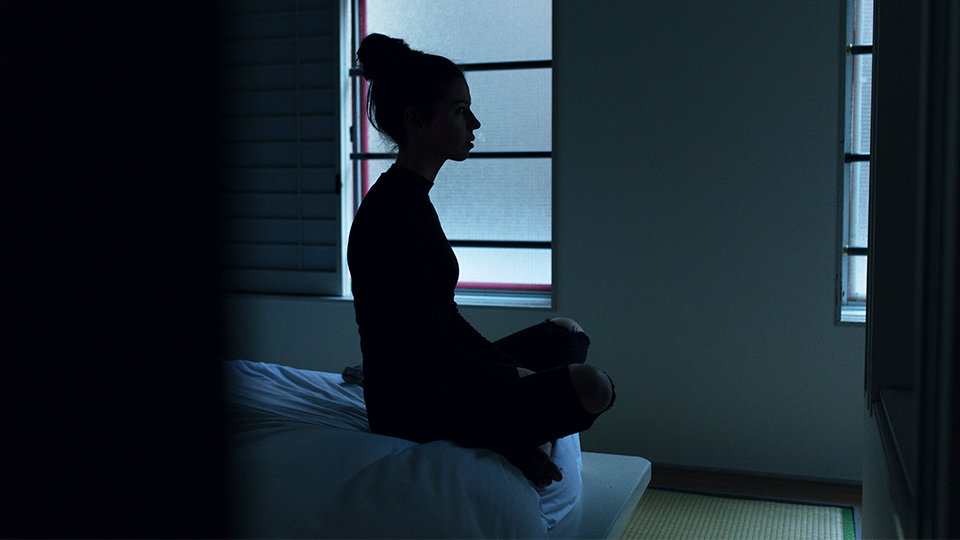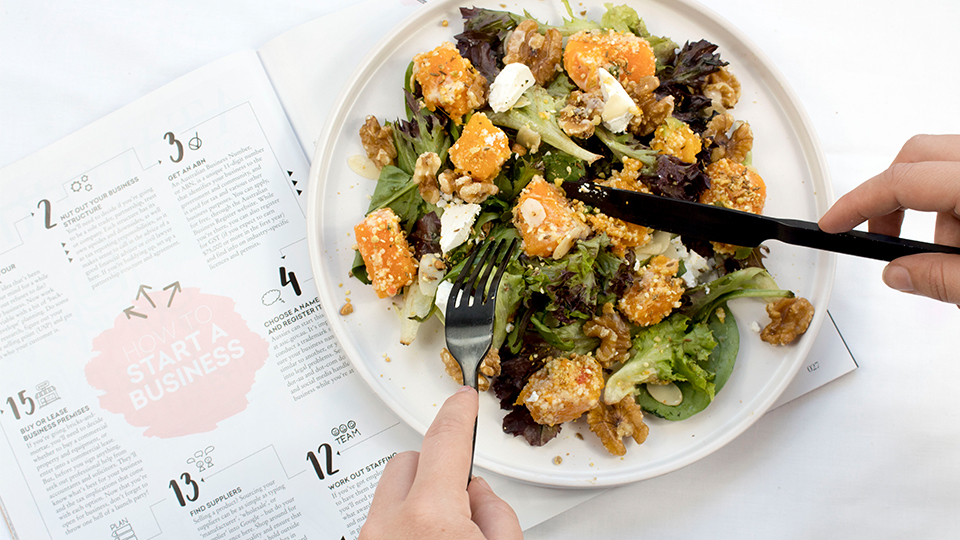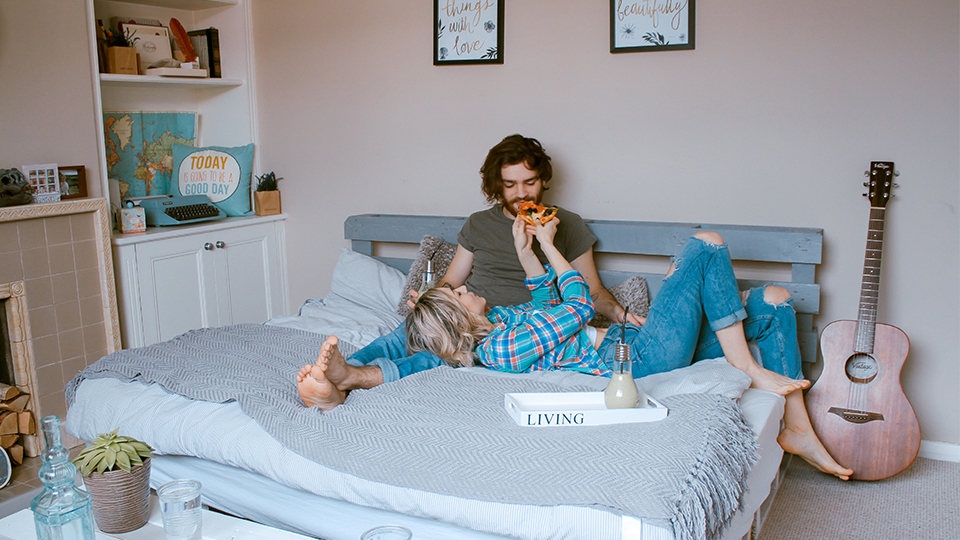In a very short period, the Coronavirus pandemic has completely changed the way we lead our lives. With social distancing measures being prescribed by most governments, the things we once took for granted now seem like something out of a fairytale. This is especially true when it comes to most people’s wellness routines.
Running enthusiasts all over the globe are finding creative ways to keep moving when hitting the pavement is impossible. Some are managing to run whole marathons right inside their apartments. Others might be joining workouts taught via meeting apps such as Zoom. But then, there are those people who simply don’t see the appeal in either of these options. And that’s completely OK too!
After all, running, or any other type of exercise, isn’t merely about moving in a certain way. For many, it’s a process that facilitates self-reflection, a connection to nature, or a chance to spend time with friends who nurture similar interests. Yes, the results that everyone sees are physical, but let’s not forget about the psychological benefits of running either.
So if you’re feeling like you need some time to take care of your mental health before you start planning your quarantine fitness regime, that’s more than all right.
Below, you will find a few tips on how to approach this period, without doing anything that doesn’t feel right at the moment.
Be aware of your mental health

One of the most important things to keep in mind during this time is that being prevented from running can have an effect on your mental health. That’s why you should try to keep track of how you’re doing psychologically.
Research done in 1988 has shown that runners who were prevented from continuing their routine showed clear signs of mental distress, including depression, anxiety, confusion, mood disturbance, and lowered self-esteem. If you notice that you’re feeling down, have trouble sleeping, notice changes in your appetite, are irritable, can’t concentrate, or feel exhausted, it’s highly recommended that you reach out to a professional, as these might be symptoms of depression.
If you’re quarantined and can’t run due to external factors, having a therapist (or even a trusted friend) to talk to about how you’re doing can help you cope with the situation in a healthier way. Alternatively, try to keep a journal or meditating for a few minutes per day, as these practices can also have positive effects on your emotional wellbeing.
Know that less activity can be good for you
It’s no secret that daily running can take its toll on the body, especially if you’re logging more than 100 miles per week. So why not look at the quarantine as a chance to rest and recover?
Even under normal circumstances, experts recommend taking a deload week every 4-8 weeks. This is a time when you take a break from your regular exercise regime and focus more on mobility work, light aerobic exercise, and injury prevention. In fact, not only could take a break help your body recover, but even more, it may make you fitter than you were before you took the time off.

Taking things slow could also be beneficial if you’re dealing with acute or chronic injuries. Swapping your running shoes for a stationary bike on a low resistance setting, foam rolling, and doing yoga are all great ways to gently take care of your body during this period.
If you’re still worried about losing stamina during the quarantine, rest assured that it won’t be something you can’t make up for. While it might take a couple of weeks to get back in shape, making yourself feel guilty about taking time off is far worse for you than focusing on what feels right at the moment.
What about nutrition?

Well, it’s another thing you shouldn’t be beating yourself up over. Again, feeling guilty about what or how much you’re eating can have more serious consequences than listening to what your body needs at the moment.
If you feel that your appetite has changed during the quarantine, it would be best to turn to intuitive eating. Make sure to base your diet on whole, healthy meals, but also acknowledge the positive psychological effects of comfort foods.
It would be best not to turn to aggressive restrictions in terms of macros (such as completely cutting out carbs or fats), but rather to make small, sustainable changes that will give your body everything it needs without causing too big of a caloric deficit (which might weaken your immune system).
If you’re worried about gaining weight during this period, perhaps try intermittent fasting or basing your nutrition on a scientifically based diet plan that will take your specific needs into consideration.
There’s more to health and fitness than exercise and nutrition
Whether you’re a seasoned marathoner or were just getting into jogging, it’s important to remember that fitness and wellbeing depend on more than what you eat and how much you work out. Numerous other lifestyle choices play big roles in your body’s well being, so why not take this time and focus on them.
First of all, the quality of your sleep can have a pretty big influence on your heart health, blood pressure, weight, and blood sugar. Taking this time to work on your sleep hygiene could be worth a try – and that includes getting enough shuteye each night, eliminating blue light before bed, allowing your body to wake up naturally, etc.
Similarly, you could make it your point to get outside as much as you can to stock up on naturally-occurring vitamin D. It’s naturally absorbed by being in the sunlight, so there’s no need to take any supplements. It’s great for your immune system, has proven mental health benefits, and can even improve bone and joint health.
Your efforts don’t have to be just physical. You could also take this time and focus on yourself. Decide to learn a new skill, start a gratitude journal, get in touch with friends you haven’t heard from in a while.
Any of these can be great things to do while in quarantine. And they’re sure to make you feel better when you’re missing your daily runs.
Be kind to yourself

Keeping safe is important, and so is remaining sane during these challenging times. There’s no single right way to survive a quarantine, so the best thing you can do for yourself right now is to be kind.
It’s OK to skip a workout, it’s OK to have a cheat meal. It’s OK not to want to run at all! It doesn’t mean that you’re lazy. It means that you’re focusing on other priorities.
So don’t beat yourself up. There will be plenty of opportunities to work out and stick to a perfectly planned diet once you’ve pulled through this with your mental and emotional health intact.





